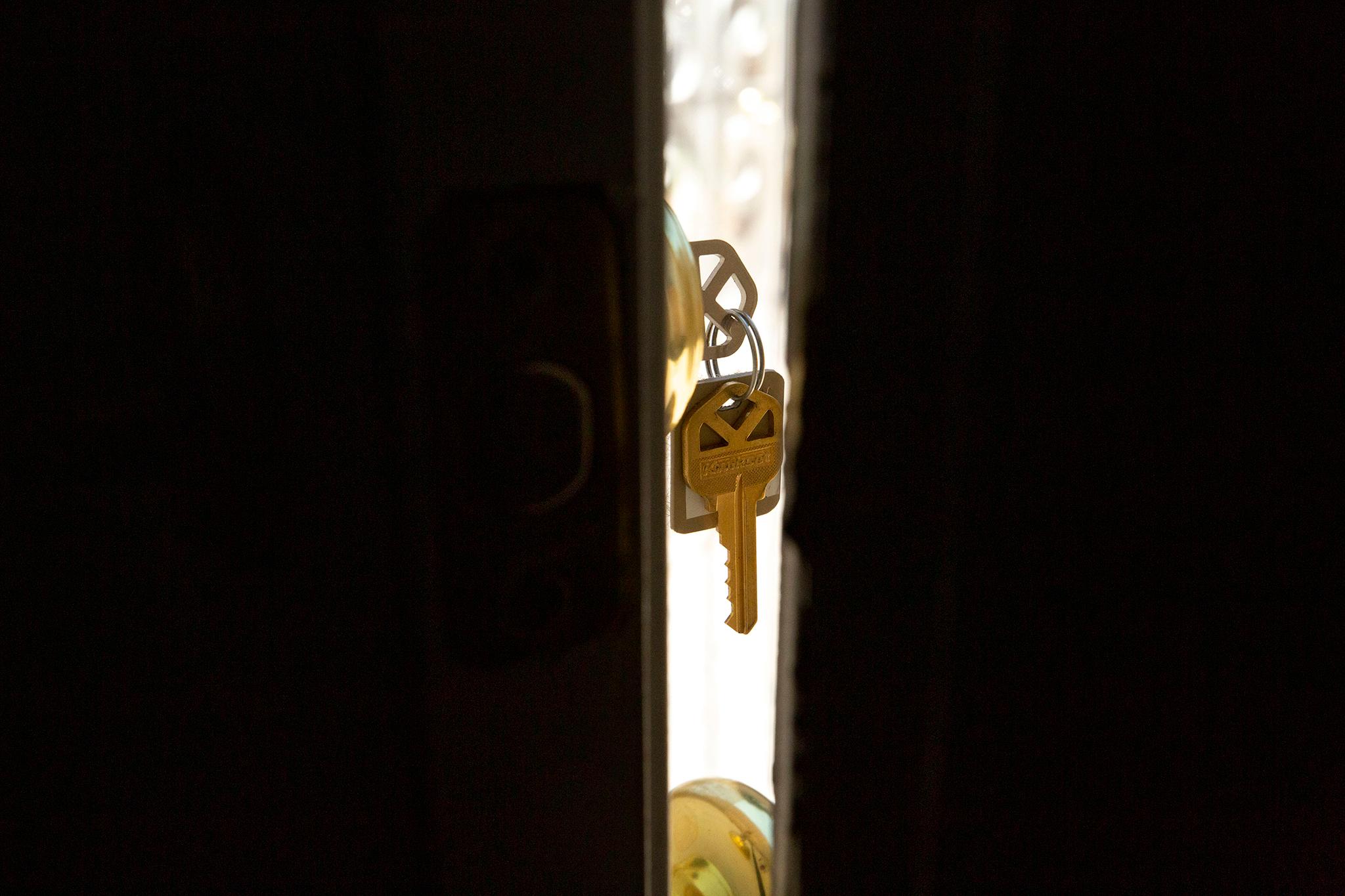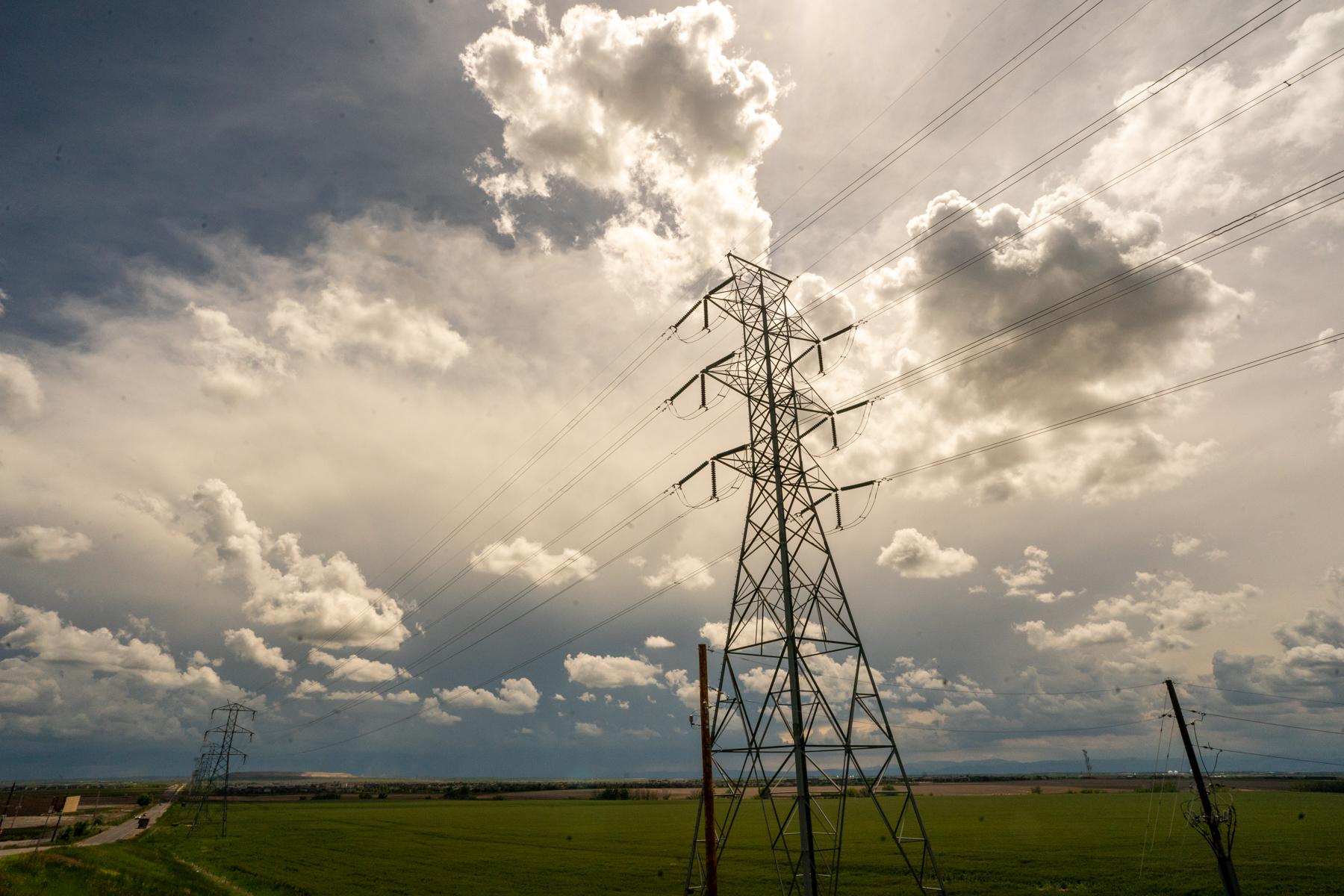
Thousands of Coloradans are still waiting for emergency rental assistance as the U.S. Supreme Court struck down the Center for Disease Control’s eviction moratorium on Thursday. The moratorium was for areas with high levels of COVID-19 transmission, which was set to expire Oct. 3.
“In most Colorado counties, eviction courts are open for business,” said Zach Neumann, an attorney with the Colorado-based Eviction Defense Project.
That puts additional pressure on people seeking rental assistance through the federal government’s Emergency Rental Assistance Program.
“They’re in a race against the clock – the real question is will they be able to get their application in, get their application processed, and get that check to arrive before they get evicted,” Neumann said.
Some states have extended their own eviction bans, but Colorado is not among them. Gov. Jared Polis did extend the amount of time it takes to start a formal eviction process from 10 days to 30 days after a group of 80 local elected officials asked Polis for an extension to the moratorium. Polis’ order instead gave renters who qualified for aid more time to collect assistance. But that order is set to expire next week.
Pandemic aid has been slow to reach renters and landlords in many states. Nationwide, about $4.7 billion of $47 billion in federal aid had been disbursed as of July 31. Colorado had paid out about 7.4 percent of its $444 million allocation. The state’s local governments had paid out about $33.8 million of a $246 million allotment.
About 500 applications are pending an initial review under the program, according to Brett McPherson, a spokesperson for Colorado's department of local affairs. That many applications are received in a typical week, he said. It takes about two weeks for money to be paid out once an application is approved.
Additionally, a significant number of people — 6,000 applications — are still held up due to missing information from either a tenant or landlord. About 85 percent of applications are not complete when submitted, McPherson said.
The Colorado Apartment Association points to high levels of rent payment as evidence that a surge in evictions isn’t imminent. About 97 percent of Colorado renters are current on payments, according to Drew Hamrick, general counsel and senior vice president of public affairs at the CAA.
“There’s not this bulge of landlords that need to rush down to the court and ask for permission to take their place back,” he said.
Hamrick added that the CDC eviction ban applied to a relatively small slice of the state’s population.
Both Neumann — the eviction defense attorney — and Hamrick emphasized the importance of applying for aid as soon as possible, though.
“All of us, when we get into financial troubles, one of the tendencies we have is to stick our head in the sand for a little bit,” Hamrick said. “Letting your housing provider know early that you’ve got a hiccup and getting your application in early really has huge benefits. Be proactive and not embarrassed about this.”








